Backlit by our #ChangingRisk campaign, we quizzed Katie Moore, Vodafone’s senior group risk manager and ever-popular resident foodie, on how she would shape our industry’s future and how to challenge the misconceptions about who we really are
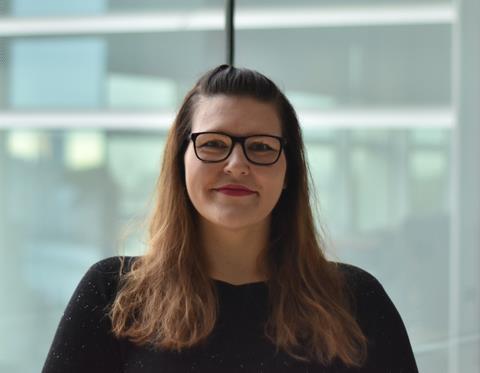
Katie Moore, senior group risk manager, Vodafone
If you had the power to change the future of risk management, what would you change and why?
I’m actually quite confident in the future of risk management. We’ve moved through some changes during my career – towards dealing with intangibles and increasingly disruptive marketplaces, to more digital ways of working, and to forming a better understanding of the potential value of data. I would like to see us move faster in some cases but I think we are getting there! I like to spend time with students and new entrants to our profession – I think there is a lot of talent joining our industry. With some great young risk managers already in role and this pipeline, I have high hopes for the future of risk!
What irritates you most about how risk management is perceived by stakeholders?
I don’t think I’ve ever completed a checklist and I don’t ever say no! I think there is an outdated perception that risk management is a hurdle to get over. In my world, we are more of a step ladder. We can support you to put together a great case so that when it does come to people who make decisions, you are in a better place for them to be willing to accept some risk to help move the business forward.
If you were to write a risk manifesto for the future, what would be the number one point you’d push?
For me, risk and strategy must be intrinsically linked and that would be my number one goal. At the highest level, I’d like to see stronger correlation between risk appetite and decisions, and that needs a great strategic relationship. I would push for that relationship to move higher up the priorities list and for a shift away from finance and legal requirements. I absolutely recognise the need for operational risk management and think great things can come from it, be that improving health and safety or enhancing security. I think that it is already in the wheelhouse of all good risk managers and the strategic area is where we can really add something.
If you could relaunch risk management today, what operating model would you adopt?
I’d like to see risk more interwoven through businesses. We don’t own the risks, we partner with our stakeholders to manage them. What better way to do that than to be at the heart of the business? I would also like to see a move away from cyclical risk management. Some things are timetabled for good reason, but I wonder how much data could be gathered and value added if people saw us less as an annual/quarterly process and more as part of everyday life.
Tell me one key thing you’d say to convince business leaders of the value of risk?
Our purpose is not just to prevent excessive risk taking, but to support taking more of the right risks. All companies are looking for growth, and risk managers can provide a level of comfort for leadership to do just that by taking the right risks.
As a risk manager, what’s the biggest risk you’ve ever taken?
Moving to London. Before I graduated, I had an offer from a global bank to join their graduate scheme but it meant leaving my family, friends and home. I am now ten years into what I thought would be a two-year stint. I love London and I don’t think I would have experienced as much as quickly if I had stayed in Scotland, but I will also always consider Scotland home.
What’s the most important lesson you’ve learned?
Early in my career, I learned a hard lesson about effective communication and tailoring my messages to the individual audience. It is a big part of how I operate now – understanding the personalities, what they would want to achieve from the interaction and how I can get what I need while showing them that I am interested and can add value to their role. Engagement is such an important part of our role as risk managers that I think the soft skills are just as important as the technical side in many cases. There is something very powerful about framing conversations in a way that the listener understands and will be receptive to.
What’s on your mind right now?
Setting up for our new financial year – new principal risks, new strategies, more improvements to our framework. We have been making lots of progress over the past few years and I want to keep that momentum going!
Tell us a secret.
I’m a bit of a foodie and harbour a secret desire to be a chef. In all of my jobs, I’ve made myself very popular by bringing an array of food and cakes from recipes I’m testing to the office to share with my teams!








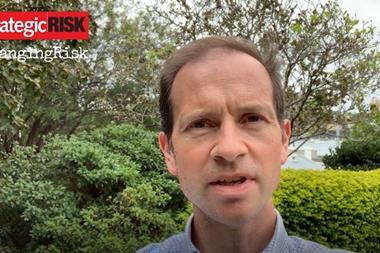
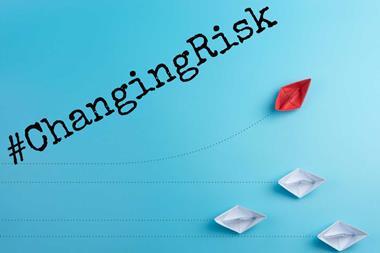
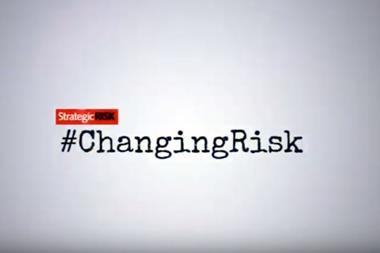
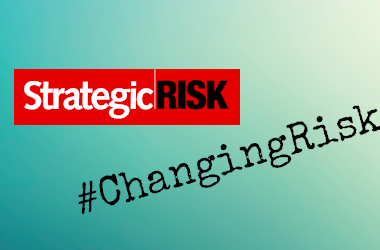
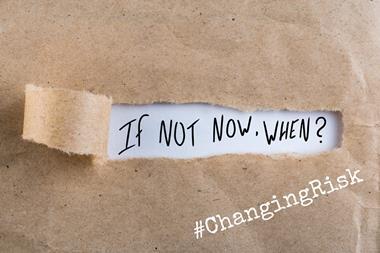
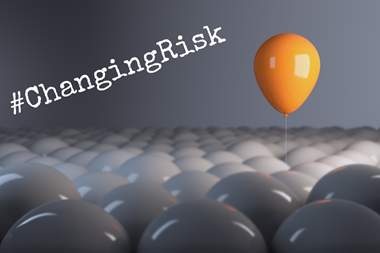
No comments yet